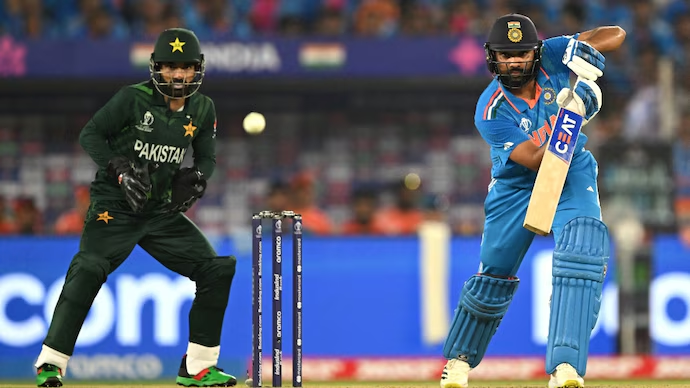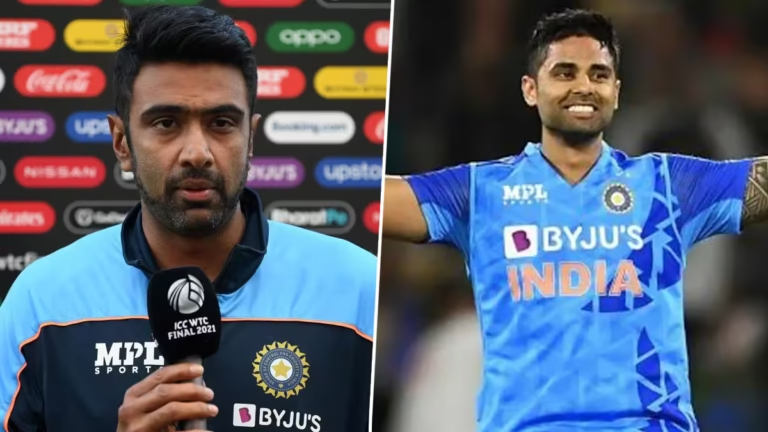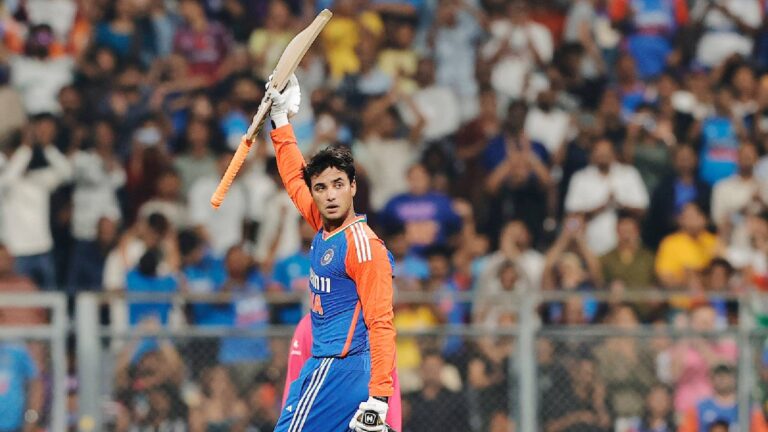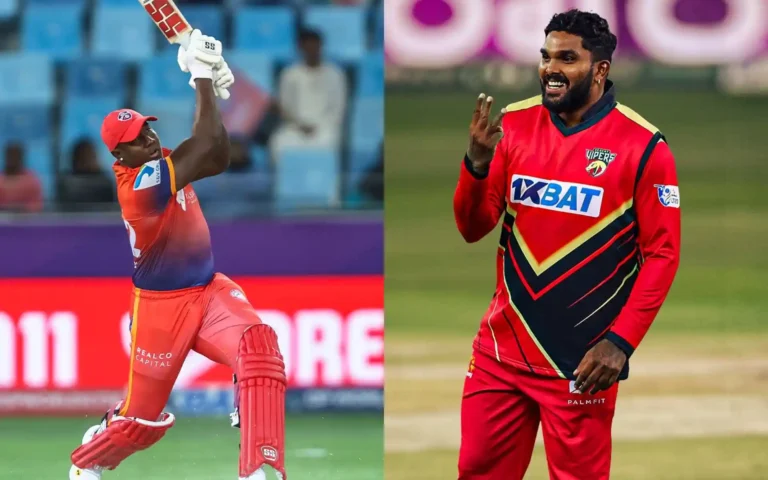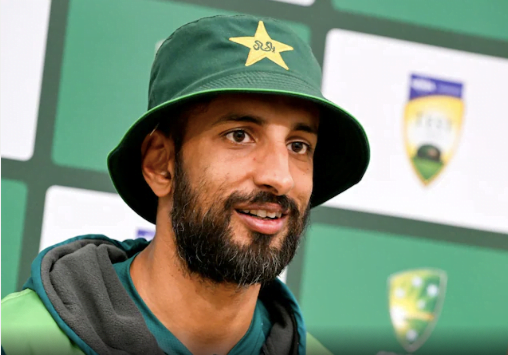
(AFP Photo)
Shan Masood, Pakistan’s Test captain, has urged for an increased number of Test matches as the team gears up for a busy red-ball cricket season. The campaign begins with a two-match series against Bangladesh in Rawalpindi on August 21.
Pakistan’s schedule includes seven home Tests against Bangladesh, England, and the West Indies, plus a two-Test series in South Africa. This will be the first time since the 1998-99 season—more than 25 years ago—that Pakistan has played more than six Tests in a single season.
The two-Test series against Bangladesh will mark Pakistan’s first red-ball matches since the New Year’s Test in Sydney earlier this year. After the conclusion of this home season in January 2025, Pakistan will experience an extended hiatus with no Test matches scheduled until October 2025, when South Africa arrives. Another lengthy gap will follow until March 2026.
In a discussion on the PCB podcast, Test captain Shan Masood, joined by Test coach Jason Gillespie and former cricketer and broadcaster Bazid Khan, stressed the importance of maintaining a more consistent Test cricket schedule for Pakistan.
“We need more Test cricket,” Masood said. “For me, it’s more about how we can get our team to play more Test matches. That comes down to scheduling, reducing the gaps, and ensuring we have consistent Test squads going forward. We’re playing nine Test matches in four months, but we’ve also had to deal with an unfortunate calendar where we played in Australia, and then we’re playing our next Test after ten months. These are challenges that Pakistan cricket needs to address going forward.”
“If I’m being brutally honest, in home Test matches, because they’ve been played at different times of the year and against different nations, we still haven’t found our ideal way of playing at home that suits our batting, bowling, and overall style,” the captain added.
Masood’s concerns go beyond merely the number of Test matches. He feels Pakistan has yet to develop a distinct identity in home Test cricket. Since the return of Test matches to Pakistan in 2019, the team initially established a strong home record. However, since their victory over South Africa in January 2021, Pakistan has struggled, failing to win any of their subsequent three home series. This includes a clean sweep by England and a drawn series against New Zealand.
“In Test cricket, which is the ultimate challenge in the game, you have to be familiar with certain conditions,” Masood said. “Yes, we’ve been playing at home since 2019, but other teams have been playing on their home soils for much longer. We still have to decide what our best approach at home is.”
A major focus for Pakistan in their upcoming series against Bangladesh is to strengthen their home advantage. The Test squad features a heavy emphasis on fast bowlers, with just one specialist spinner, Abrar Ahmed, included.
This approach echoes the early days following the return of Test cricket to Pakistan, when the team’s success was largely driven by pace attacks against teams like Bangladesh, Sri Lanka, and South Africa. However, in recent series against Australia, England, and New Zealand, where spin was more effective, Pakistan faced challenges.
Masood is clear about what needs to be done: “We need to determine what helps us win as a team. How can we create conditions that suit us more and put us in the driving seat, rather than just thinking about how we can cope with the opposition?”
Gillespie supported Masood’s views, recognizing the difficulties in establishing a consistent identity at home. Despite this, he remained confident that the team possesses the necessary resources to thrive on both fast, bouncy pitches and slower, spin-friendly surfaces.
“I think the identity will sort itself out. In this next period of time, seven Test matches out of nine are in Pakistan, which is fantastic,” Gillespie said. “We need to be flexible and adaptable, but we’ll certainly have a basic blueprint on how we want to play our games.”
Given the packed Test schedule, managing players’ workload is now a top priority. As a result, key players such as Babar Azam, Mohammad Rizwan, Shaheen Shah Afridi, and Naseem Shah have not been granted No Objection Certificates (NOCs) to participate in overseas leagues, with the emphasis remaining on their commitments to the Pakistan team.
“We’ve got multi-format players, and we’ve got to look after them as best we can,” Gillespie said. “The priority is representing Pakistan, but if there are opportunities – on a case-by-case basis – where a player can learn about their game and play better cricket, which in turn will help them be a better cricketer for Pakistan, then we’ll certainly consider those opportunities.”

